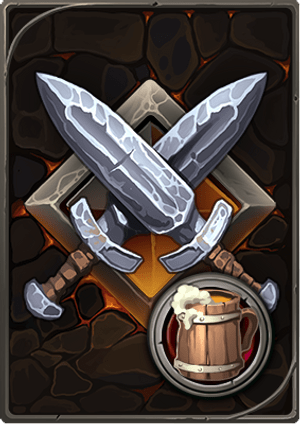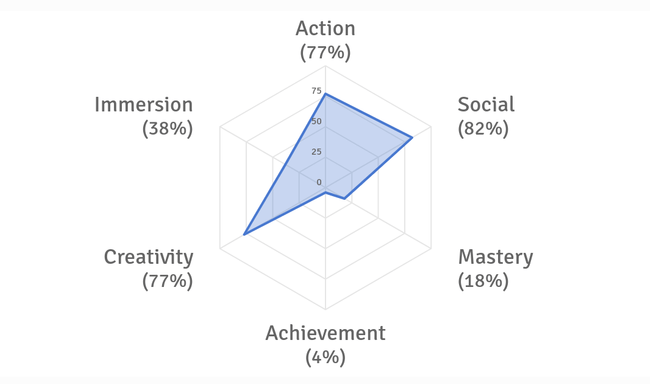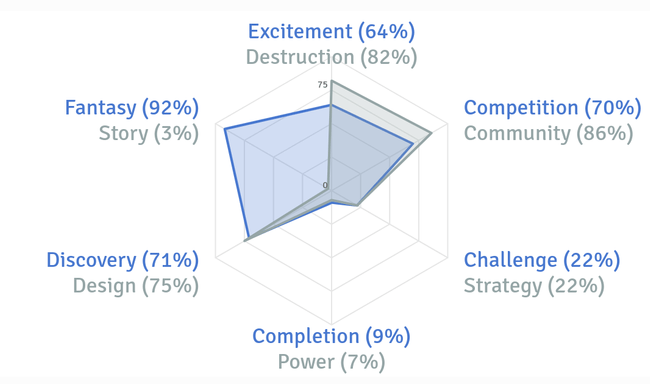Weeknote 43/2021

We’ve been on holiday this week, spending a few nights away in Dumfries & Galloway. In a quirk of geography, this is a part of Scotland that’s actually no further north than where we live in Northumberland, England.
Given how many sporting activities our kids do (they played seven football matches between them the week before, for example) we gave them half-term off everything to do with organised exercise. That being said, we still did Team Belshaw-like things such as going mountain biking in the Forest of Ae and walking through the Scottish drizzle to visit a ruined castle.
We signed up to NOWTV to watch the (incredible) Man Utd vs Liverpool game and also Disney+ so that the kids could watch all of the Star Wars films, Free Guy, and Tron Legacy. Other than that I’ve played quite a bit of the manager mode of FIFA 22 on Stadia.
As ever when I’m not working, I’m usually writing on tinkering with tech stuff. I’ve tried and ultimately failed to set up an Owncast server, but I did get to mess about with Droidcam — mainly because it’s trivially easy! I also almost transferred my Thought Shrapnel newsletter (back) to Revue. I thought that them being acquired by Twitter would mean that the pros outweighed the cons, but I was incorrect in that assumption.
Writing-wise, then, I published two posts here:
- My Gamer Motivation Profile: Skirmisher/Bard
- EBSN podcast series on EPALE: Re-thinking Adult Basic Skills in the 21st century
…and several over at Thought Shrapnel:
- Why large tree-planting initiatives often fail
- Securing your digital life
- The permanent mask
- Why go back to normal when you weren’t enjoying it in the first place?
I’m still having trouble with waking up during the night after the slug incident, to be honest. I guess it’s a form of trauma, even if it’s funny to think of it in the cold light of day.
Next week, both Hannah and I are back to work and the kids are back to school. Our eldest is getting his flu and Covid vaccinations on Wednesday, so he’ll no doubt be wiped out on Thursday. I’m counting down the weeks until I finish work for the year…
Image from a photo of the bottom of an interesting bit of the blue mountain biking route at the Forest of Ae.



